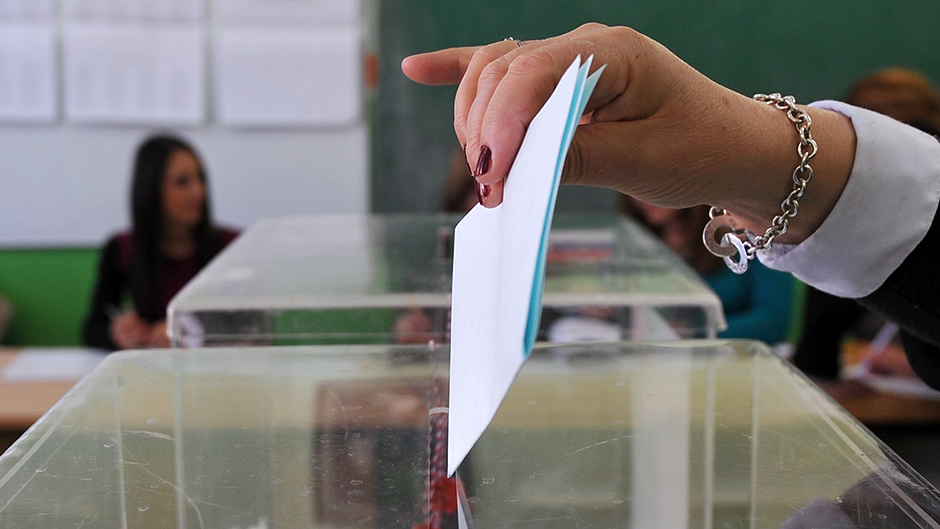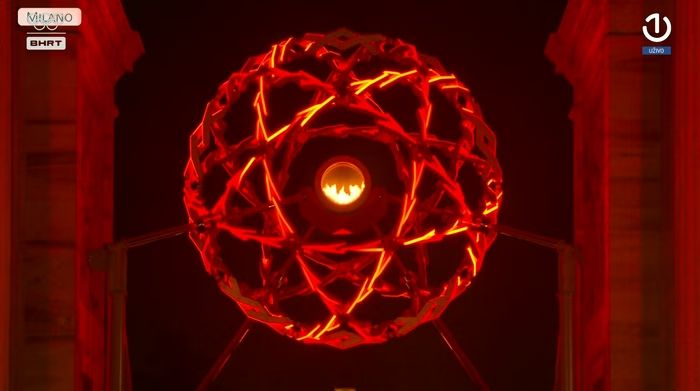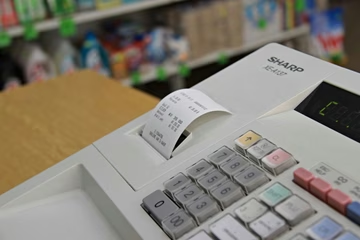CEC BiH receives more reports of irregularities

Anel Kajtazovic’s report has finally been documented and it will be submitted bo the state prosecution along with 150 other reports of electoral irregularities. Namely, Kajtazovic discovered his place residence was reported in Germany, where the voting material was already sent, even though he never left Bosnia and Herzegovina.
Oglas
The number of cases like his grows by the day. So far, the Central Election Commission received 270 reports and the first batch of reports was already sent to the state Prosecution.
"The first batch contains reports on some 150 persons for whom we have reasons to suspect that their personal information and places of residence were changed without their will and that they were registered as voters from abroad," the Central Election Commission (CEC BiH) spokesperson Maksida Pirilic told N1. "These cases were either reported by someone else or by the voters personally, via telephone or email."
From 2008 to date, the CEC BiH submitted 75 documents with reports on more than 600 persons, to the state Prosecution, however, only a handful of cases were prosecuted before the Court of Bosnia and Herzegovina. Only one case resulted in a 10-month probational sentence.
Oglas
During the Wednesday session, the CEC BiH discussed the disproportionate number of ID cards and the number of registered voters.
The Identification Documents, Registers and Data Exchange Agency’s (IDDEEA) Director Arif Nanic told N1 that there are 3,101,437 ID cards in circulation in the country, which is a lot less than the number of voters on the electoral roll ( 3,352,993 voters).
The CEC BiH members said that after an ID card expires, one does not lose the right to vote, even though they cannot exercise their right to vote without a valid identification document.
"In May of 2017, the IDDEEA publically stated that there were a little over one million invalid identification documents, of which around 200,000 were invalid ID cards belonging to Bosnian citizens," Maksida Pirilic said.
Oglas
After the session, the CEC BiH confirmed that the electoral roll still contains a large number of the deceased, even though over 5,000 deceased were removed from the roll last year. One such example is Anica Raguz from Stolac, South-Western Bosnia, who was born in 1908, who still has the opportunity to vote, even though she died in 2004.
"The fact of the matter is that the Registrar's Office must do its job, after which interior ministries must input the information of the death of the deceased into the central registry from which the CEC BiH takes in all the information," CEC BiH spokesperson said, adding that the deceased do not necessarily result in an identity theft.
Kakvo je tvoje mišljenje o ovome?
Učestvuj u diskusiji ili pročitaj komentare
Oglas
Kakvo je tvoje mišljenje o ovome?
Učestvuj u diskusiji ili pročitaj komentare
Oglas
NAJČITANIJE
Oglas
Oglas
Najnovije
Oglas
Oglas





 Srbija
Srbija
 Hrvatska
Hrvatska
 Slovenija
Slovenija



























































